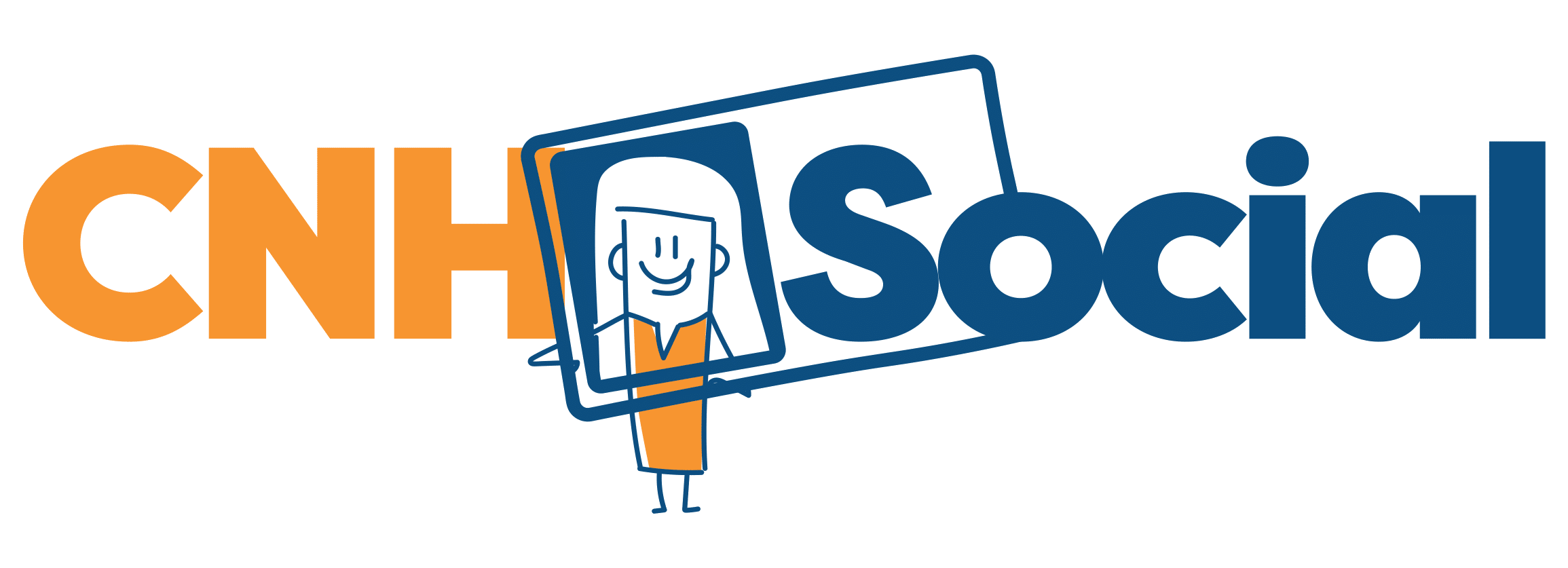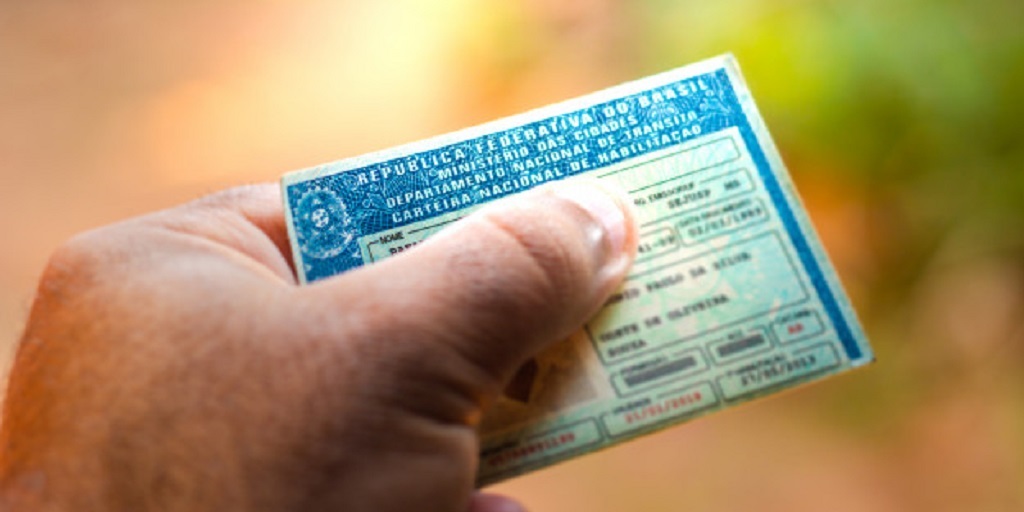
CNH Social: Get your free driver's license; see registration
Currently, the issue of mobility plays a fundamental role in the economic and social development of a nation. Having a driver's license is not just a driving skill; it's a key to independence, job opportunities, and full participation in society. However, many Brazilians face financial challenges that hinder this. Obtaining a National Driver's License (CNH).
In this context, the Social Driver's License (CNH Social) program emerged, designed to offer low-income individuals the opportunity to obtain their driver's license free of charge. Understand the concept of the Social Driver's License, how it works, the registration deadlines, and the eligibility criteria.

What is the Social Driver's License?
The Social Driver's License, also known as the Social Driver's License Program, is a Brazilian government initiative that seeks to promote social inclusion by providing driver's licenses free of charge. Created to allow low-income individuals simplified access to driver's licenses, the Social Driver's License not only enables driving but also opens doors to new job opportunities and mobility.
How does it work?
The operation of Social Driver's License It is based on collaborations between state governments and the National Traffic Department (DENATRAN). Each state can join the program and establish specific criteria for granting social driver's licenses, according to local characteristics and needs. These criteria may include income, socioeconomic status, and desired driver's license categories.

Typically, the program covers the costs associated with the driver's license process, including theoretical and practical classes, medical and psychological exams, traffic fees, and others. In some states, the Social Driver's License program also includes exemption from fees for issuing the license.
Who is eligible for the Social Driver's License?
Eligibility criteria for the Social Driver's License program may vary from state to state, but some general guidelines are usually applied:
Income
The program is primarily intended for low-income individuals. Applicants must demonstrate that they meet the income limits stipulated by the state government.
Age
You must be at least 18 years old to participate, as this is the minimum age to obtain a full driver's license.
Education
In some states, completion of elementary school may be required.
Participation in Social Programs
Being enrolled in programs such as Bolsa Família or Cadastro Único (CadÚnico) may be considered an eligibility criterion.
First Driver's License
The Social Driver's License is typically intended for those without a prior driver's license, although some states may offer slots for adding categories.
Register now for the Social Driver's License program!
By clicking the button, you will remain on the same site:
The Advantages of the Social Driver's License
The Social Driver's License, also known as the Social Driver's License Program, offers a number of advantages both for low-income individuals seeking to obtain a driver's license and for society as a whole. These advantages reflect the program's importance in promoting social inclusion, mobility, and access to opportunities. Below are some of the main advantages:
In short, the Social Driver's License program represents a significant step towards democratizing access to driver's licenses in Brazil. By providing the opportunity to obtain a driver's license free of charge, the program not only facilitates mobility but also expands employment prospects and social inclusion for individuals who would otherwise face insurmountable financial obstacles.
It is imperative that those interested pay attention to the registration deadlines and specific criteria of each state. The Social Driver's License program exemplifies the importance of public policies that seek to level the playing field and ensure that all citizens have equal access to the benefits of modern society.
FOLLOW US ON SOCIAL MEDIA
USEFUL LINKS
- On
- Contact Us
- Disclaimer
- Privacy and Cookies Policies
- Terms of Use
- Email Terms
© Copyright – vagadeempregorj.com.br.All rights reserved.

